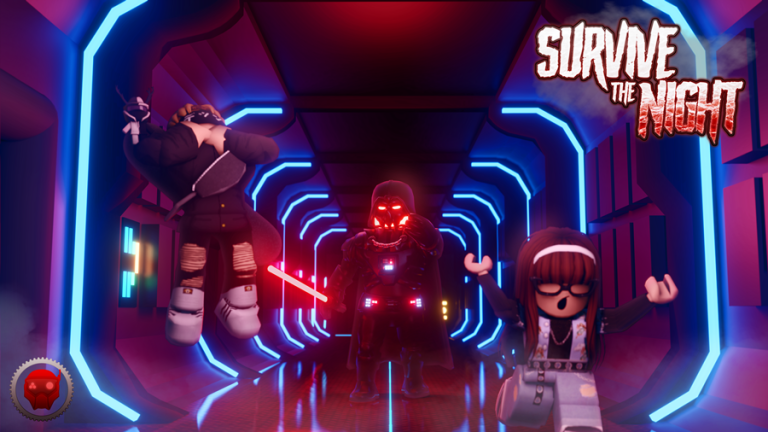
Trauma is respectfully explored, though some references to sexual assault are presented in a way that leaves readers little time to process. However, Frankie’s storyline falls somewhat flat amid convenient coincidences and loose ends. She might have to ask for help-but whom can she trust? Flashbacks from Frances’ perspective sympathetically explore the complexity of freak shows, portraying disabled people’s exploitation and camaraderie as well as the societal prejudice that prevented them from finding other work. And when, to her horror, an eerily familiar man invites Frankie to join his circus, she’s plunged into a nightmare that threatens to destroy both her and Kris. When, in her dreams, she suddenly becomes Frances-aka Alligator Girl, a freak show performer who shared her disorder-she discovers that Frances’ past and her own share disturbing similarities.

To conceal lamellar ichthyosis, a genetic disorder that leaves her skin cracked and peeling, Frankie wears heavy goth makeup, which also conveniently keeps anyone from getting too close.

Luckily, her current foster mother, Kris, is supportive, helping her to address her anger and encouraging her art. A teen’s troubled past links her to a freak show performer from the 1920s.įrankie Doe doesn’t remember anything about how she wound up in foster care, but she remembers her abusive foster homes all too well.


 0 kommentar(er)
0 kommentar(er)
